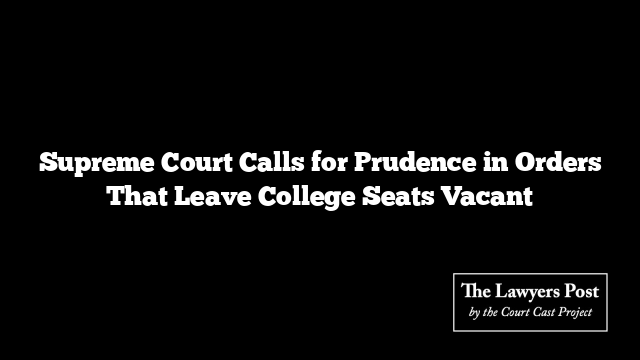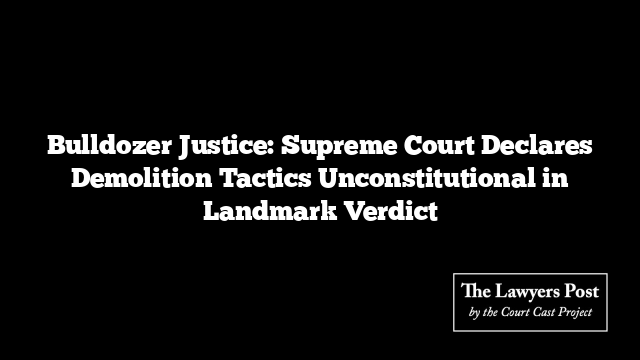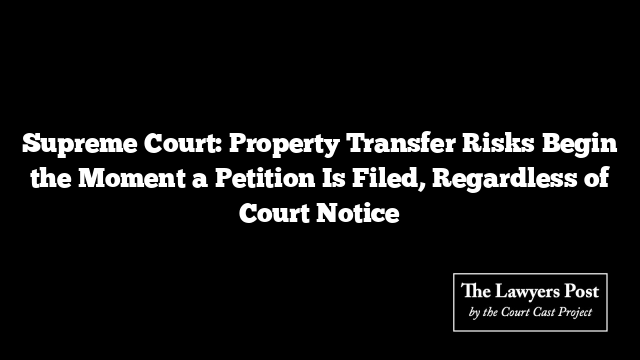In a recent ruling, the Supreme Court offered financial relief to two medical colleges directed to leave seats vacant after a High Court’s interim order, which ultimately resulted in those seats remaining unfilled. Recognizing the loss incurred by these colleges, the Court proposed a solution: allow the institutions to adjust future tuition fees to recoup their financial losses.
The bench, comprising Justices B.R. Gavai and K.V. Viswanathan, suggested that the colleges submit a request to the state’s Fee Fixation Committee. The Committee should consider the revenue shortfall caused by the vacant seats and adjust the tuition fees for upcoming cohorts accordingly. This decision reflects a calculated approach aimed at restoring financial balance without imposing undue burdens on future students.
The Court observed that this approach serves as a necessary corrective to the High Court’s order, which unintentionally disadvantaged the colleges. Given the spread of fees over five years, it found that any incremental increase to compensate for the loss would be minor for individual students.
This matter began when the Director of Medical Education instructed two medical colleges to reserve one MBBS seat each, following a High Court order responding to students’ petitions. However, by the time the petitions were dismissed, the cut-off date for admissions had passed, leaving the seats vacant. The colleges argued that this led to wasted resources and denied deserving candidates the opportunity to study medicine.
In its assessment, the Supreme Court expressed concerns over interim orders that leave seats vacant, noting that they should only be issued in exceptional circumstances. If the evidence overwhelmingly supports the petitioner, then an interim order may be justifiable. The Court also advised that cases affecting admissions should ideally be resolved before the counseling deadline to prevent prolonged vacancies.
To safeguard colleges in the future, the Court suggested that if a petitioner insists on keeping a seat open, they should be prepared to provide financial security to cover any potential loss should their case be dismissed. The aim is to deter unwarranted seat reservations, ensuring that colleges aren’t financially penalized due to prolonged legal processes.
Ultimately, the Court acknowledged the lasting financial impact of a vacant seat, emphasizing that colleges lose tuition fees over the full length of a multi-year program, not merely a single academic year.





